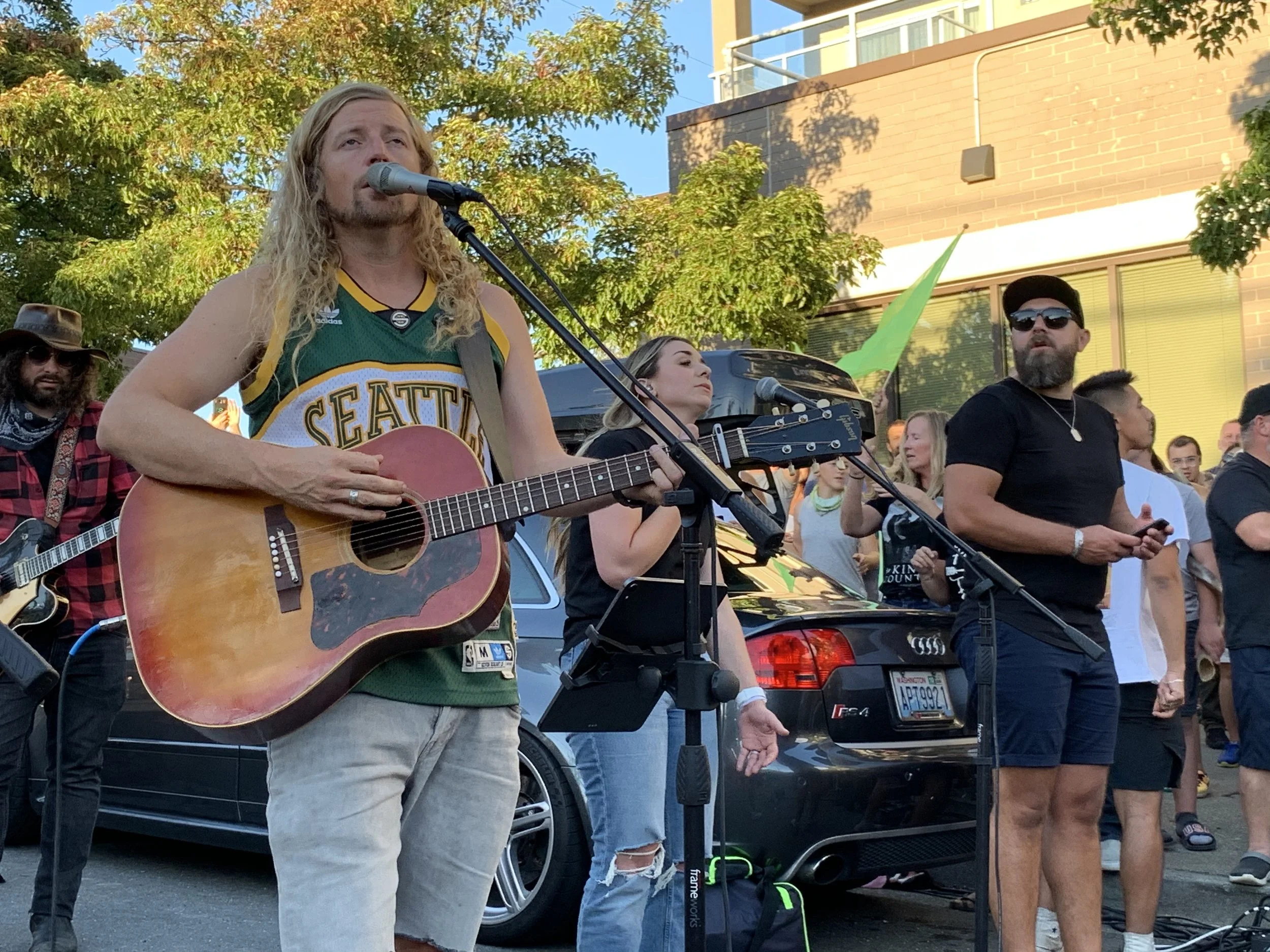In early January, The Conversation, an academically oriented website affiliated with Religion News Service, ran an explainer with this headline: “What is Pentecostal Christianity?”
That’s a big, complicated question. While I appreciated the article’s emphasis on how Pentecostals are a little-noticed component in American Christianity, it was very much a Cliffs Notes version of a complex, 123-year-old movement. And it didn’t even mention the Charismatic Renewal movement, a massive spiritual shift in the 1960s that brought millions of mainline Protestants and Roman Catholics into the wider Pentecostal fold.
Pentecostalism has hit the news in recent years with revelations of the “Trump prophets,” but their rise has a long back story that few journalists understand. For many years, pentecostals have been seen as evangelicalism’s crazy sister and media coverage has hardly been incisive.
Thus, tmatt suggested that we post the following comprehensive look at the history of the movement here in the United States. I wrote this as a backgrounder for a meeting of religion reporters at the University of Maryland in 2000. I have updated it twice because the movement keeps on shifting. Some of this will sound very basic, but it’s important to know who the main players have been.
———
Without a doubt, the portion of Christianity known as Pentecostalism was — by far — the fastest-growing movement of the 20th century, going from zero members on Jan. 1, 1901 to 644 million adherents worldwide now. It is the primary expression of Christianity in the Global South. It is the one form of Christianity to mount a serious challenge to the growth of Islam, mainly because of its appeal to the very poor and its reliance on the miraculous.
During my travels in places like India and Egypt years ago, I was told by religious leaders that the heavy hitters in evangelism in Hindu and Muslim contexts were the Pentecostals. When I was in Israel researching a piece on the country’s messianic Jews, my sources told me half of them, at least, were charismatic. The world’s largest churches in Korea and Nigeria are Pentecostal.






